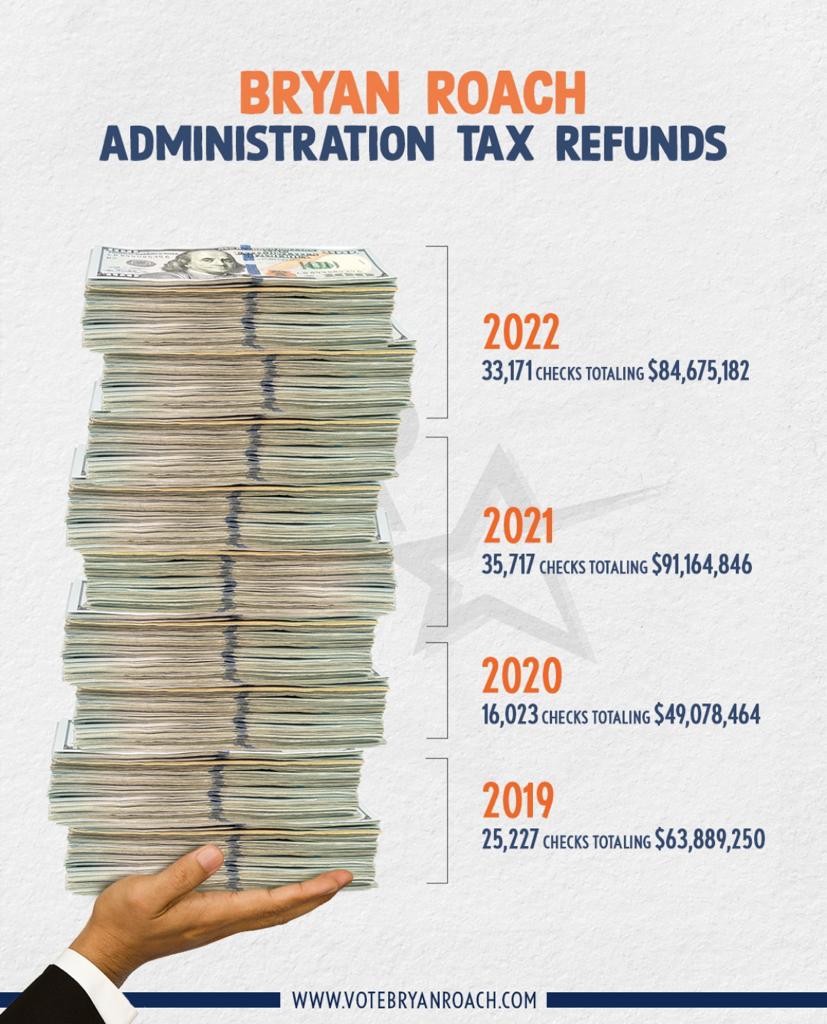In a pair of closely watched decisions, the U.S. Supreme Court on Monday handed the Trump administration two major victories, clearing the way for mass dismissals of federal employees and resuming expedited deportations under a centuries-old wartime law. The rulings mark a decisive moment for President Donald Trump’s second-term agenda, reinforcing executive authority in areas of both government restructuring and immigration enforcement.

The first ruling concerns the administration’s plan to terminate approximately 16,000 probationary federal employees across six agencies, a move launched in February under the leadership of the Department of Government Efficiency—a new agency spearheaded by President Trump and advisor Elon Musk. These firings targeted employees with less than a year of service, a group that holds fewer protections under federal employment rules.
Earlier, U.S. District Judge William Alsup in San Francisco had ordered the workers reinstated, asserting that the Office of Personnel Management (OPM) lacked the legal authority to carry out such sweeping terminations. The Trump administration appealed, arguing the judge’s injunction imposed an undue burden on the executive branch. Acting Solicitor General Sarah Harris called the reinstatement order “immense” in terms of both financial and logistical costs, warning that it forced agencies to rehire thousands of employees within a matter of days.
In an unsigned opinion, the Supreme Court issued a stay on Alsup’s ruling, allowing the firings to move forward while litigation continues. The decision stops short of ruling on whether OPM ultimately holds the authority to implement such actions but temporarily lifts judicial restrictions on the administration’s downsizing campaign.
Federal labor groups, which had viewed Alsup’s ruling as a rare legal pushback against the White House, have warned that unchecked reductions could weaken public services. Nonetheless, with the Supreme Court’s pause in place, the administration is expected to continue implementing its workforce reductions and may expand them further across other federal departments.
In a separate 5-4 decision, the Supreme Court also allowed the administration to proceed with deportations of individuals accused of belonging to the Venezuelan gang Tren de Aragua. The administration invoked the Alien Enemies Act of 1798, a wartime statute rarely used outside of declared wars, to justify the expedited removals.
The Department of Homeland Security began using the law on March 15, following the State Department’s designation of the gang as a foreign terrorist organization. Officials argued that Tren de Aragua posed a national security risk due to alleged ties to the Venezuelan government. The measure allowed the administration to conduct deportations with minimal judicial oversight, prompting swift legal challenges.
U.S. District Judge James Boasberg in Washington, D.C., temporarily blocked the deportations, a ruling later upheld by the D.C. Circuit Court. The Trump administration appealed to the Supreme Court, claiming the judiciary was overstepping by interfering with national security-related actions.
The high court lifted Boasberg’s order, allowing the removals to resume, but imposed conditions: detainees must be informed they are being removed under the Alien Enemies Act and must be granted the opportunity to file for habeas corpus relief in the federal district where they are held.
Though the decision permits deportations, it does not resolve the broader constitutional questions surrounding the law’s modern-day use. The ruling effectively shifts the venue for legal challenges to Texas, where many of the detainees are currently located.
Justice Amy Coney Barrett joined Justices Sonia Sotomayor, Elena Kagan, and Ketanji Brown Jackson in dissent. Justice Sotomayor wrote that the administration’s lack of transparency amounted to “stonewalling” judicial review and posed “an extraordinary threat to the rule of law.” In a separate dissent, Justice Jackson criticized the majority’s use of the emergency docket to decide such a consequential issue without full deliberation.
President Trump, approaching the end of his first 100 days in office, celebrated the rulings. On social media, he declared, “The Supreme Court has upheld the Rule of Law in our Nation by allowing a President… to secure our Borders, and protect our families and our Country, itself.” His remarks were echoed by Homeland Security Secretary Kristi Noem and Attorney General Pam Bondi, both of whom described the outcomes as a repudiation of judicial activism.
Opposition groups responded with alarm. Lee Gelernt, lead counsel for the American Civil Liberties Union (ACLU), acknowledged that the ruling did not give the administration total authority, noting the requirement for detainees to receive legal notice and access to judicial review. Still, Gelernt criticized the relocation of challenges to Texas, calling it a setback that would delay further legal action.
Federal employee unions also pledged to continue their resistance to the mass firings, citing the potential impact on government operations. They warned that the loss of thousands of workers could disrupt services nationwide and lead to significant instability across multiple federal agencies.
Legal scholars have noted that the Supreme Court’s decisions may preview future shifts under its 6-3 conservative majority. The Trump administration has already signaled an interest in challenging long-standing precedents like Humphrey’s Executor v. United States (1935), which limits the president’s power to remove heads of independent federal agencies. A successful challenge could dramatically expand executive control across the federal bureaucracy.
Both cases now return to lower courts for further proceedings. In the meantime, the Trump administration has been given the green light to proceed with key parts of its second-term agenda: streamlining the federal workforce and removing individuals accused of gang affiliation under emergency authority.

For thousands of federal workers and immigrant detainees, the implications are immediate.









